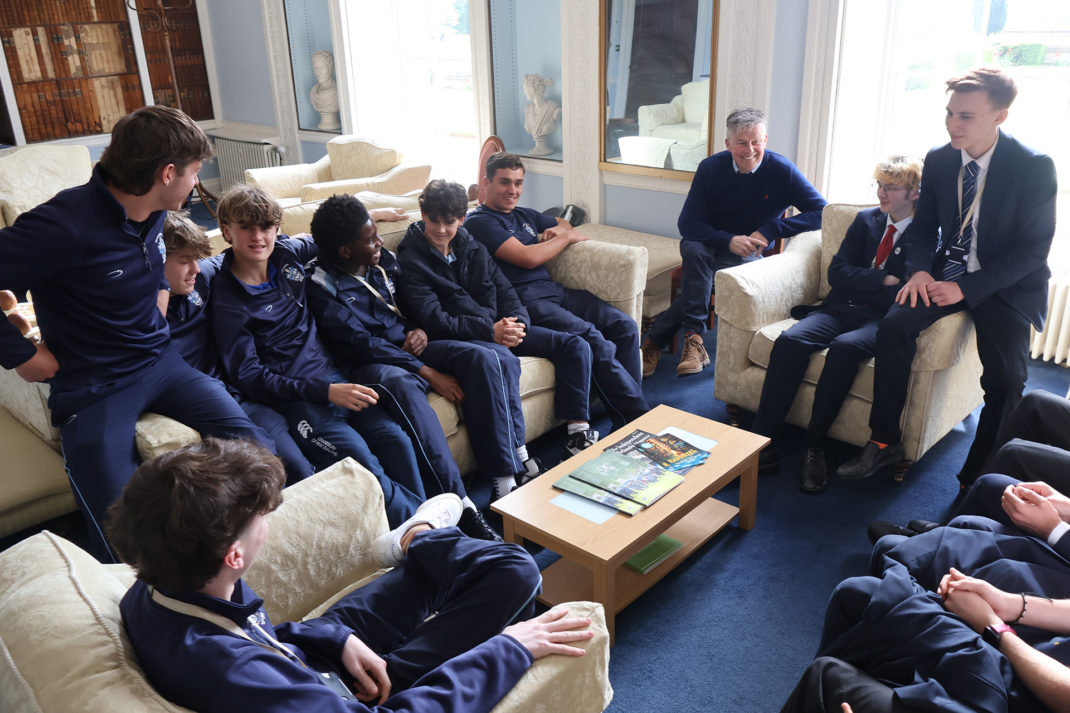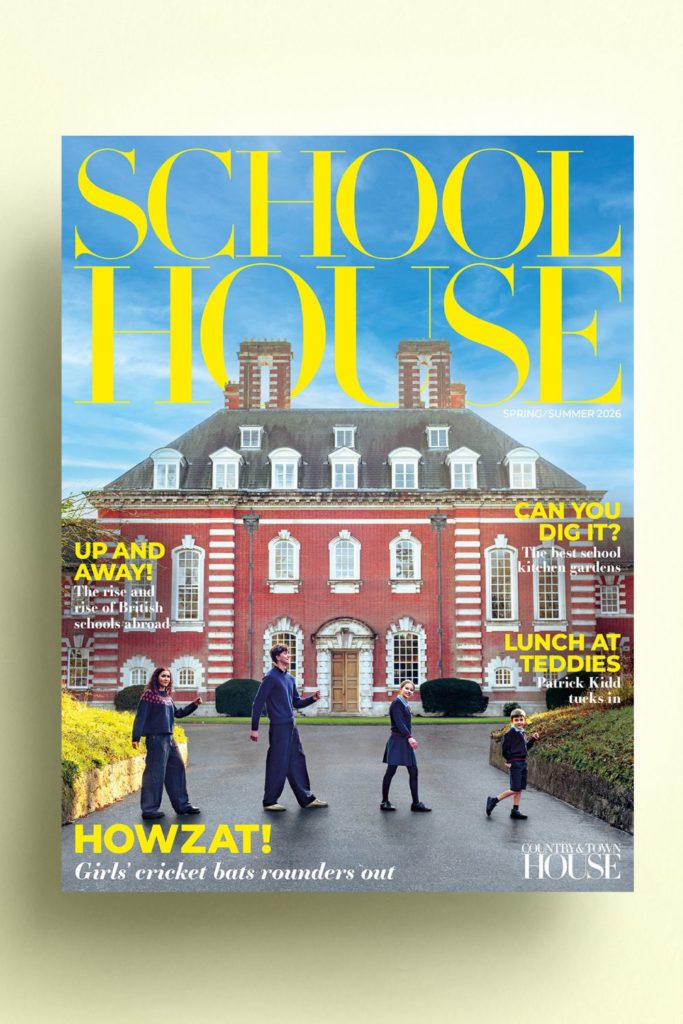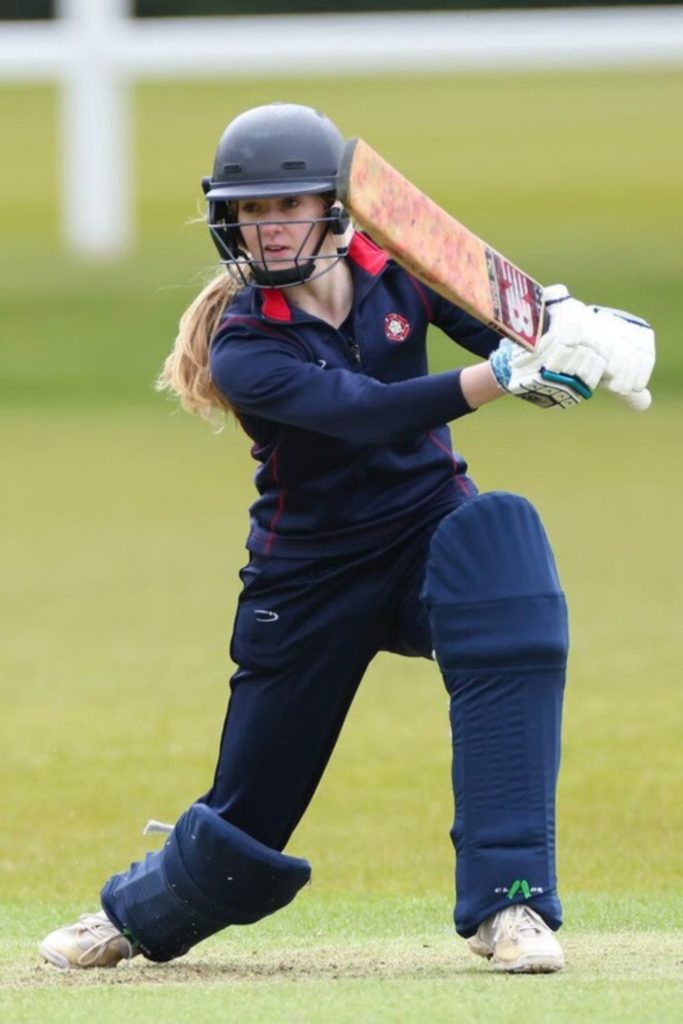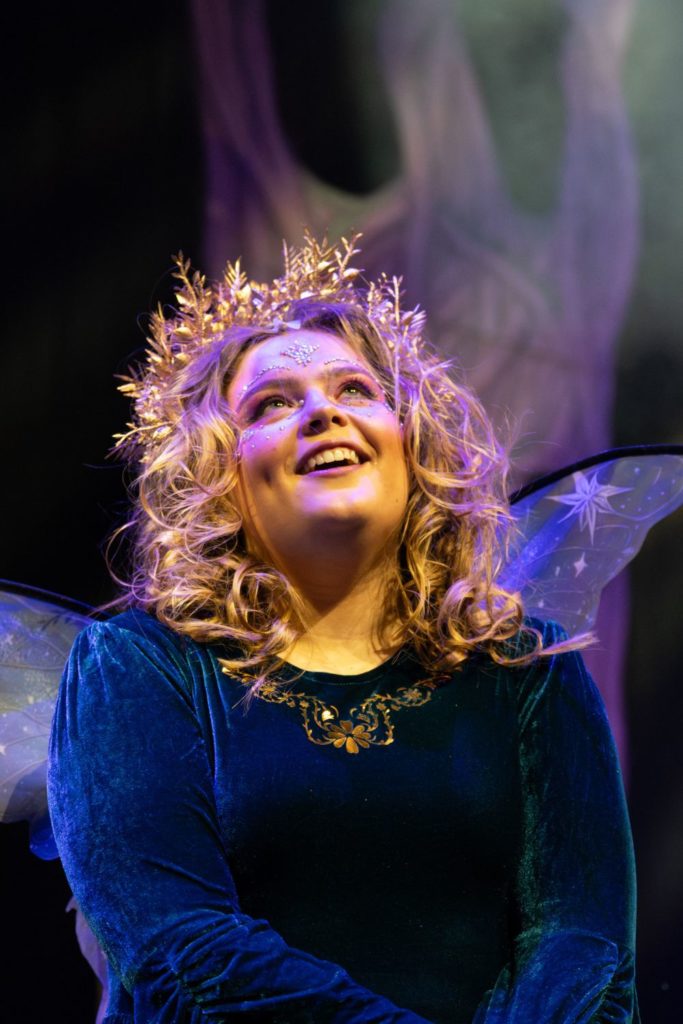The Space to Speak: Culford’s Pioneering Wellbeing Initiative for Boys
By
9 months ago

In the genteel surroundings of Culford School, Suffolk, a quiet revolution is under way. While independent schools are renowned for academic rigour and stately traditions, this summer’s Boarding Schools’ Association Excellence Award win for Mental Health & Wellbeing confirms that Culford is leading a new frontier: teenage boys’ emotional resilience. Here’s an inside look at The Space, the peer-to-peer initiative that’s as innovative as it is essential.
A New Kind of Club
Alongside the more obvious sports clubs or debating societies, Lower Sixth boys at Culford now have access to The Space: a weekly, staff-facilitated forum where they openly discuss identity, stress and relationships in small, confidential circles. Launched in autumn 2024 by Whole School Mental Health Lead Ruth Radlett, this pioneering programme was born from a clear need, boys were neither learning how to name their feelings nor finding safe outlets to share them.
Inspired by student feedback and informed by research into men’s emotional literacy (Gross 2002; Orenstein; Addis 2008), Ruth rejected the idea of a ‘lesson’ on mental health. Instead, she co-designed a flexible model with her pupils, ensuring the content and tone came directly from those who needed it most.
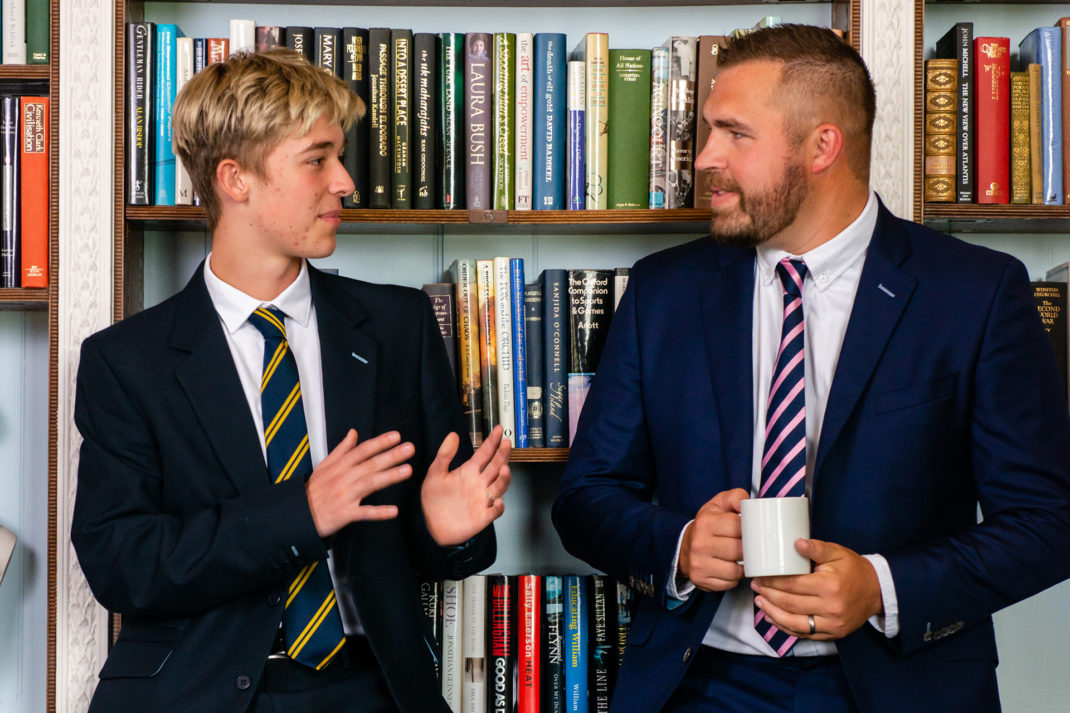
Tom Soper Photography
Designing a Confidential Circle
The design philosophy is simple yet profound. Each session, which runs during school hours, brings together 8–10 students under the discreet guidance of trained male staff. Roles rotate: one week a boy leads the ‘circle’ discussion, the next he may introduce a mindfulness exercise or reflection prompt. This rotating leadership cements ownership and fosters confidence.
Sessions are nonjudgemental by design. Ground rules, coauthored by students, ensure respect and confidentiality. And because the timetable slot is standardised, The Space feels every bit as integral to school life as a maths lesson or drama rehearsal.
From Netflix’s Adolescence to RealLife Outcomes
The public conversation around teenage boys’ mental health has been turbocharged by Netflix’s recent high profile drama Adolescence, which spotlighted silent struggles and fractured friendships. Culford’s model provides a grounded counterpoint: in the past year, participants report significantly increased comfort in expressing emotions and seeking support.
One boarder confessed, ‘Before The Space, I never thought about how I really felt. Now, I have tools to manage stress and communicate better with my friends’. Another reflected, ‘It’s changed how we see ourselves and each other. Knowing others feel the same makes a huge difference.’
Impact in Numbers and Nuance
Hard data underpins the glowing testimonials. Early analyses reveal a marked reduction in stress related ‘red flags’ on wellbeing surveys and a 60 per cent rise in students proactively seeking help when overwhelmed. ‘Behavioural incidents have plummeted and the sense of community and understanding is palpable’, notes Head of Sixth Form, Marcus Rackowe.
Beyond graphs, though, lies culture change. Boys who once equated vulnerability with weakness are now modelling empathy. Staff report sharper peer support; students voluntarily check in on one another between sessions. It’s a ripple effect that transcends the weekly circle.
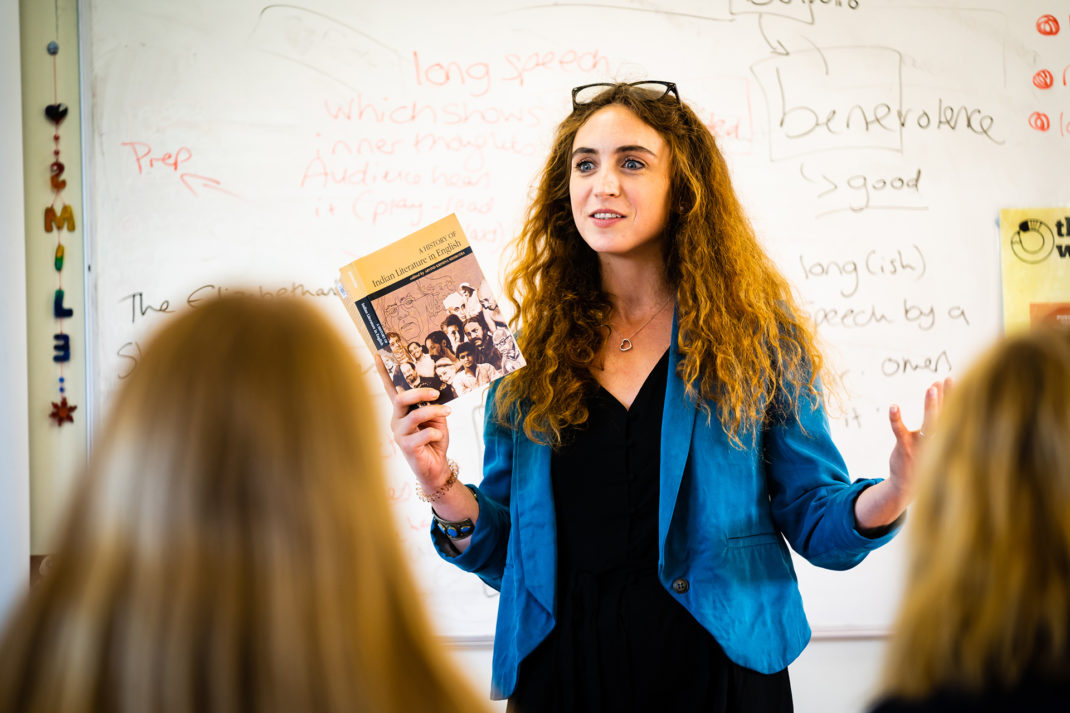
Tom Soper Photography
A Woman Leading a Boys’ Movement
Ruth Radlett’s leadership defies expectations. As a female mental health specialist in a traditionally male-targeted domain, she channels her Teach First origins and safeguarding expertise into a tailored approach for young men. ‘They didn’t want another formal lecture,’ she explains. ‘They needed a place to be real, and to be heard’.
Her collaboration with experts in adolescent psychology and her experience across Birmingham, Kathmandu and beyond instilled the confidence to propose The Space to senior leaders, and to secure timetable backing without extra budgetary cost.
Looking Ahead
Buoyed by its BSA shortlisting, Culford plans to expand The Space into Year 9 next year, with Sixth Form mentors training to guide younger boys. The longterm vision is a fully integrated wellbeing culture, where every boy learns not only algebra and literature, but also the emotional intelligence to navigate life’s complexities.
In an era when teenage mental health is both headline news and a pressing educational imperative, Culford’s The Space demonstrates what’s possible when innovation meets compassion. For parents, educators and students alike, it signals a bright new chapter in independent schooling, one where talking is just as vital as traditional teaching.


